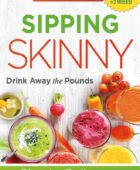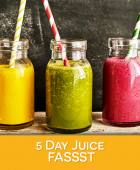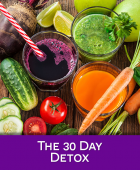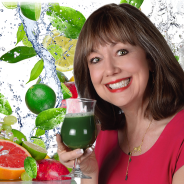Aspartame Linked to Autism, Weight Gain, and Diabetes
Aspartame Linked to Autism, Weight Gain, and Diabetes
Research shows artificial sweeteners such as aspartame lower appetite suppressant chemicals and encourage sugar cravings and sugar dependence, thereby raising the odds of weight gain. It has also been found to cause headaches, seizures, and heart palpitations. Top aspartame researchers also warn aspartame consumption may be a contributing factor in skyrocketing autism rates, by way of methanol toxicity.1
A comprehensive study on methanol, the major alcohol component of aspartame, was spearheaded by Professor Emeritus of Food Science and Nutrition at Arizona State University (ASU) Dr. Woodrow C. Monte. He explains how methanol toxicity from aspartame and other sources appears responsible for causing autism, spina bifida, preterm delivery, multiple sclerosis, cancer and many other chronic health conditions.
Methanol is converted by the body into formaldehyde, a highly toxic substance known to cause cancer in humans. He also uncovered the fact that methanol metabolizes in organs of the body other than just the liver which, based on all available evidence, is directly responsible for causing “diseases of civilization” (DOC).”Methanol is particularly dangerous to humans, more so than any other animal,” says Dr. Monte on his website WhileScienceSleeps.com. “When humans consume low doses of methanol it is metabolized directly into formaldehyde which is a cancer producing agent of the same level of danger as asbestos and plutonium.”2
Research shows that aspartame worsens insulin sensitivity more than sugar. Artificial sweeteners promote weight gain by tricking the body into thinking it will receive calories from sugar; when they don’t arrive, carb cravings can result. It also causes weight gain by disrupting your intestinal microflora, thereby raising your risk of both obesity and diabetes.3
Don’t be tricked. Splenda is no better. Never use artificial sweeteners. I recommend Stevia as the best sweetener available.
1 http://articles.mercola.com/sites/articles/archive/2015/07/22/aspartame-diet-soda-autism-link.aspx
2 http://www.naturalnews.com/035606_methanol_aspartame_toxicity.html
Read MoreHappy Sweet Tooth; How to Choose Healthy Sweeteners
Happy Sweet Tooth; How to Choose Healthy Sweeteners
In continuing my series on sweeteners, I’m providing more information to help you make the best choices when it comes to sweeteners.
Stevia is a sweetener and sugar substitute extracted from the leaves of the herb stevia. I recommend Sweet Leaf Vanilla Creme. I don’t recommend Truvia; it’s made of rebiana, erythritol (a sugar alcohol), and natural flavors. Rebiana is derived from a specific part of the stevia plant using a highly refined process.
Coconut nectar When the coconut tree is tapped it produces a nutrient-rich “sap” that exudes from the coconut blossoms. This sap is very low glycemic (GI of 35). It is an abundant source of minerals, amino acids, vitamin C, and B vitamins. It virtually has a neutral pH.
Coconut sugar is produced from the sap of cut flower buds of the coconut palm. It has a GI of 35.
Birch sugar is made from birch tree bark, which is xylitol—a sugar alcohol. The Ultimate Sweetener is a good brand. It looks like sugar and has a GI index of 50, somewhat lower than sugar.
Raw local honey is different from the average store bought honey. Using pasteurized honey, which you find in most stores, is as unhealthy as consuming refined sugar. Raw honey is different because it has not been pasteurized, heated or processed in any way, and therefore contains many valuable benefits.
Pure maple syrup is made from the sap of maple trees. Use it very sparingly because it is about two thirds sucrose (which is table sugar).
Read More








